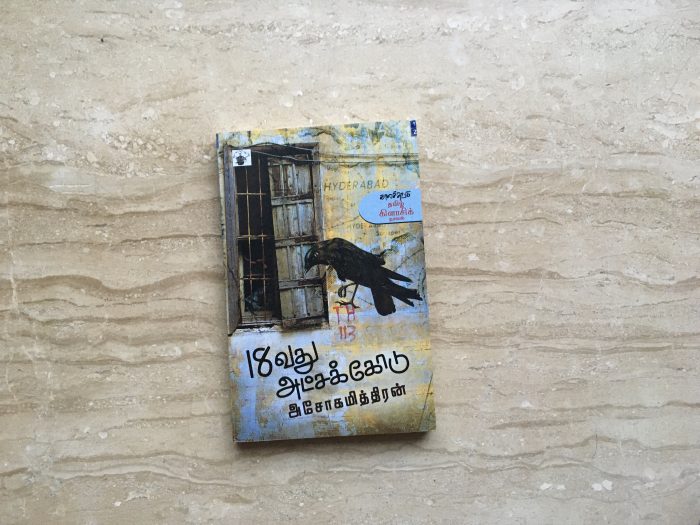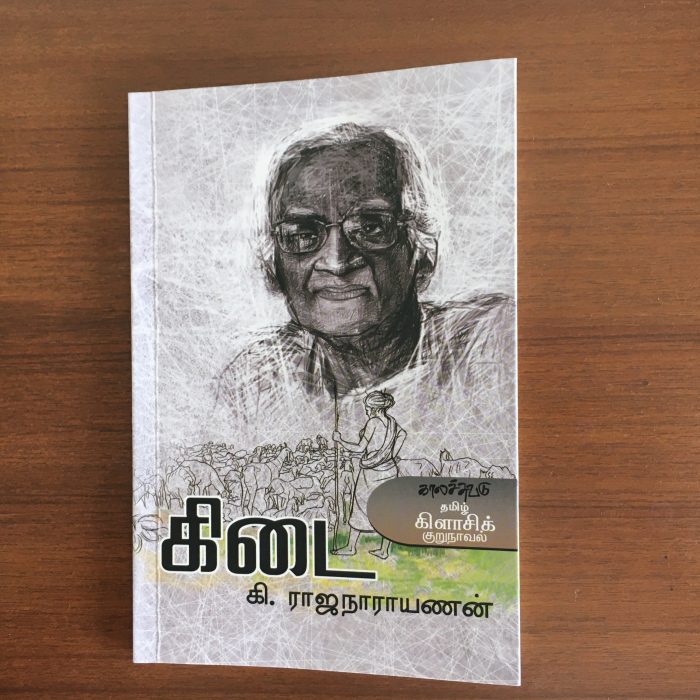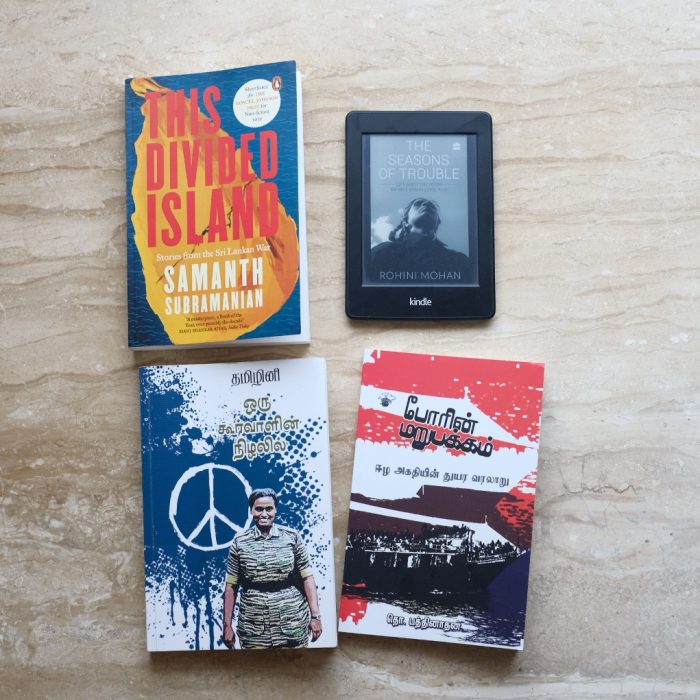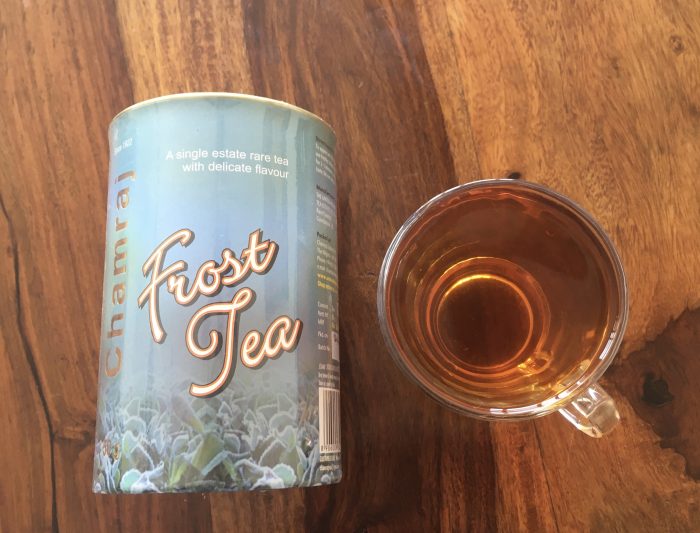In investing, I’ve always had some clarity about *what to avoid*. Can’t say that about *what to buy*. If a bunch of companies look good, selectively zeroing down is always difficult and has too many variables not in your control.
Future is always unknown and surprises come out of nowhere. Even in my own business, visibility beyond a period is non-existent. Experience has taught me to respect that.
When buying, there’s always confusion and self-doubt. It is exaggerated when other skilled people “seem” to have that ability which evades you. Experience, again, has taught me that they too are going through the same thoughts themselves.
After a while, it’s a leap of faith. You have a thesis and you buy based on that. It can turn out great, or fail. Being open about it and training yourself to average on *way up* and exiting early in case of mistakes has helped me quite a bit.
All said and done, I’ve realised I’m an average investor with a *good ability to avoid bad things* – and that is good enough to have an above average investing career. I avoid bad things and for the rest, I take help from good minds I know. Almost never do the “buy” research myself these days. Pay for those reports by talented people.



